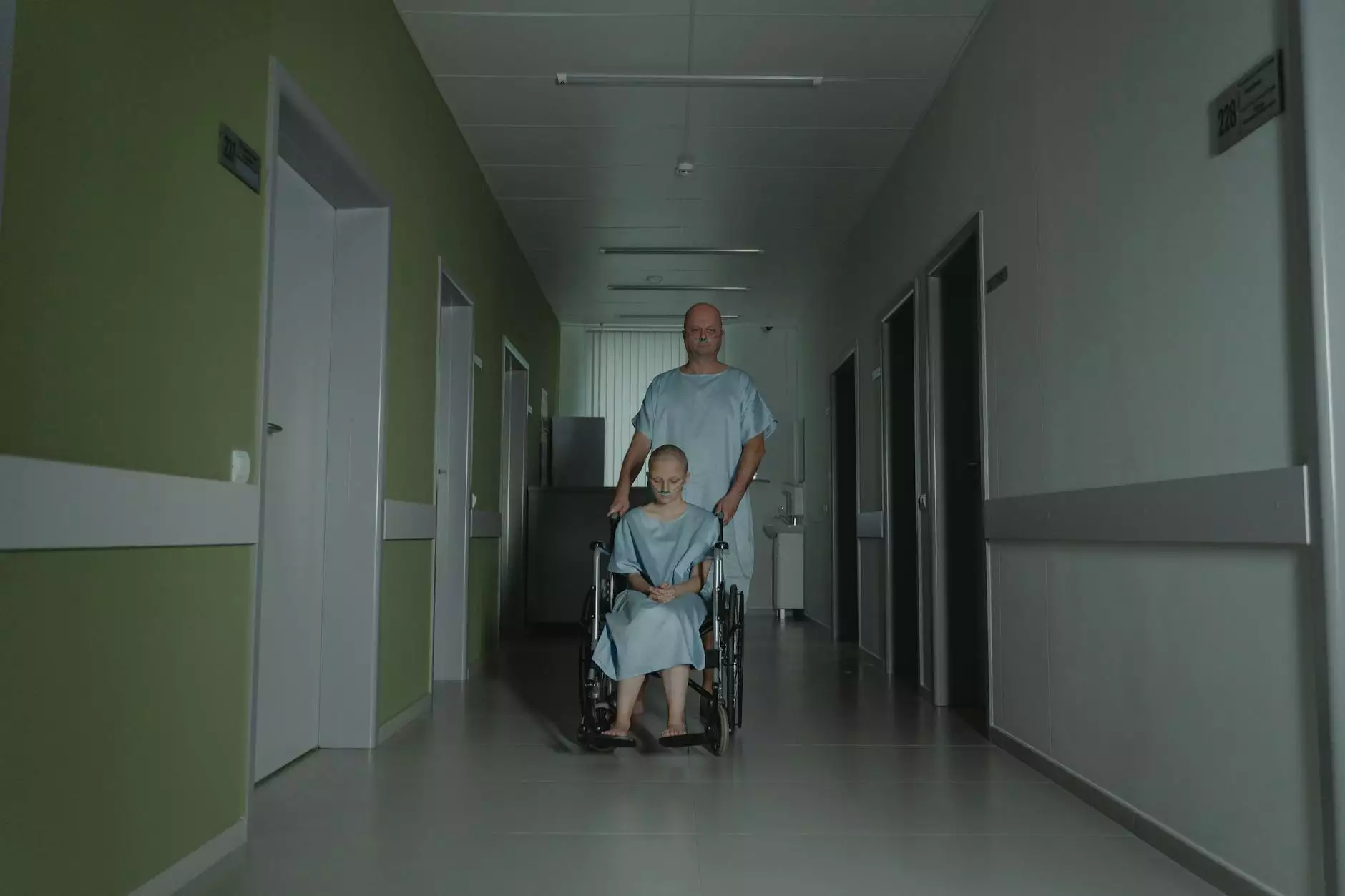Understanding Inoperable Brain Tumors: A Comprehensive Guide

Inoperable brain tumors represent a significant challenge within the medical field, impacting countless individuals and their families. This article aims to illuminate the complexities surrounding this condition, offering insight into its causes, symptoms, and the available treatment avenues. By understanding more about inoperable brain tumors, affected individuals can make more informed decisions and find the necessary support and resources to navigate this difficult journey.
What is an Inoperable Brain Tumor?
A brain tumor is a mass of abnormal cells in the brain. When a brain tumor is labeled as inoperable, it means that surgical removal is not feasible due to various factors, including:
- Location: The tumor may be located in a critical area of the brain responsible for essential functions.
- Type: Certain types of tumors are considered inoperable if they are aggressive or invasive, making surgical intervention risky.
- Patient Health: The overall health of the patient may preclude surgery due to existing medical conditions.
Types of Inoperable Brain Tumors
Brain tumors are classified into two main types: benign and malignant. Benign tumors are non-cancerous and tend to grow slowly, while malignant tumors are cancerous and may grow rapidly. Here are some common types of inoperable brain tumors:
- Glioblastomas
- These are the most aggressive type of brain tumors, making them particularly challenging to treat. They often infiltrate surrounding brain tissues, rendering surgical removal difficult.
- Brainstem Gliomas
- Located in the brainstem, tumors in this region can affect vital life functions. Due to their position, they are often deemed inoperable.
- Diffuse Intrinsic Pontine Gliomas (DIPG)
- These tumors are found in the pons of the brainstem and are notorious for being inoperable due to their diffuse nature and location.
Symptoms of Inoperable Brain Tumors
The symptoms experienced by individuals with inoperable brain tumors can vary significantly, depending on the tumor's size and location. Common symptoms include:
- Headaches: Often severe and persistent, headaches can be a common initial symptom.
- Seizures: New-onset seizures can indicate that a brain tumor is present, even in individuals without a prior history of seizures.
- Cognitive Changes: Problems with memory, reasoning, and overall cognitive function can arise.
- Changes in Mood: Increased irritability, depression, or anxiety may occur.
- Motor Function Impairment: Weakness or numbness in the limbs or face can result from tumor pressure on the brain.
Diagnosing Inoperable Brain Tumors
The diagnosis of an inoperable brain tumor typically involves a combination of imaging tests and neurological examinations. Key steps in the diagnostic process include:
- Neurological Examination: A thorough assessment of reflexes, muscle strength, and cognitive abilities.
- Imaging Tests: MRI and CT scans are crucial in identifying the presence, size, and location of a tumor.
- Biopsy: If needed, a biopsy may be performed to determine the tumor's type and grade.
Treatment Options for Inoperable Brain Tumors
Although surgery may not be an option for inoperable brain tumors, several treatment modalities can help manage symptoms and potentially prolong life.
1. Radiation Therapy
Radiation therapy uses high-energy rays to target and kill cancer cells. It can be particularly effective in controlling the growth of certain types of brain tumors. Techniques include:
- External Beam Radiation: Directing beams of radiation at the tumor from outside the body.
- Stereotactic Radiosurgery: A precise form of radiation that targets tumors with minimal damage to surrounding tissues.
2. Chemotherapy
Chemotherapy involves using drugs to kill cancer cells or inhibit their growth. While it may have limited effectiveness against some brain tumors, it is often used in combination with other treatments.
3. Targeted Therapy
Targeted therapy focuses on specific aspects of cancer cells, such as their proteins and genetic mutations. This approach allows for more personalized treatment plans.
4. Immunotherapy
Immunotherapy harnesses the body's immune system to fight cancer. This emerging field shows promise in treating various types of brain tumors.
Supporting Patients with Inoperable Brain Tumors
Coping with an inoperable brain tumor diagnosis can be overwhelming for both patients and their loved ones. Support is crucial, and several resources are available:
- Support Groups: Connecting with others facing similar challenges can provide emotional support.
- Counseling Services: Professional counselors can help navigate the psychological burdens of diagnosis and treatment.
- Educational Resources: Websites like mediglobus.com offer valuable information on health and medical resources.
Conclusion
In conclusion, inoperable brain tumors pose unique challenges that require a multidisciplinary approach to treatment and care. Understanding the complexities of brain tumors can empower patients and their families to seek appropriate care and support. Continuous advancements in medical technology and therapies also offer hope for improved outcomes. Staying informed and connected with healthcare professionals and support networks is pivotal in navigating this difficult journey.
For those affected by inoperable brain tumors, remember that you are not alone. Resources and support systems are available to assist you in every step of this journey.









